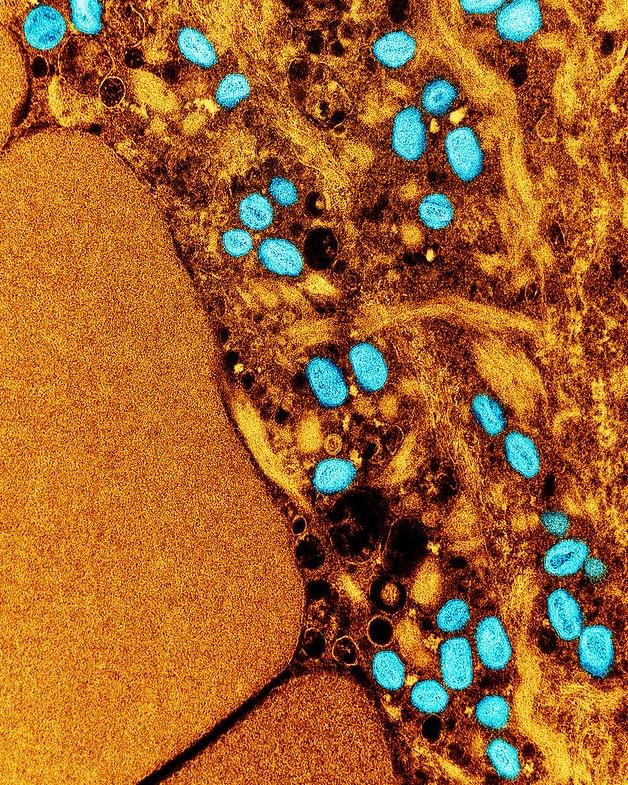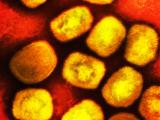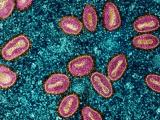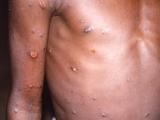For the second time in as many months, the World Health Organization (WHO) convened a meeting today to determine if the ongoing global outbreak of monkeypox infections warrants a public health emergency of international concern (PHEIC).
During opening remarks, WHO Director-General Tedros Adhanom Ghebreyesus, PhD, said worldwide cases are mostly still in men who have sex with men (MSM).
"There is a very real concern that men who have sex with men could be stigmatised or blamed for the outbreak, making the outbreak much harder to track, and to stop," said Tedros. "This transmission pattern represents both an opportunity to implement targeted public health interventions, and a challenge because in some countries, the communities affected face life-threatening discrimination."
As of today, 71 countries have reported 15,165 cases.
Dutch case involves child with unknown exposure
Though the large majority of confirmed monkeypox cases have been in the MSM community, a new report in Eurosurveillance details a case of the viral disease in a child who had no known contact with a case-patient, pointing to possible respiratory transmission of the virus.
The child was a boy under the age of 10 years from Amsterdam who traveled to Turkey for 1 week in June. When he returned home, he developed lesions on his face. He sought care at a hospital when the rash spread across his body.
The boy had no lesions in the genital or oral areas and tested negative for other sexually transmitted infections.
"Indirect transmission routes have been described, such as respiratory transmission through droplets or contaminated materials such as bedding and towels, " the authors explained. "Therefore, it is possible that the child was in close contact with an infectious person or contaminated object that was not recognised as such."
Upon further investigation, the child was also diagnosed as having an immunoglobulin A (IgA) deficiency, which would make him more vulnerable to respiratory infections.
Europe remains the epicenter of the monkeypox outbreak; according to data from the WHO, Europe has 10,064 cases from 36 countries. Spain, the United Kingdom, and Germany have the bulk of the cases.
There has been one intensive care unit admission, but no deaths have been reported.
North Dakota reports its first case
In the United States, the outbreak continues to grow, with the Centers for Disease Control and Prevention (CDC) adding 215 more monkeypox cases to its total yesterday, raising the number to 2,323.
North Dakota has become the latest state to report an initial case of the virus. Health officials said the affected individual likely acquired monkeypox while traveling out of state. The patient is currently isolating.






















